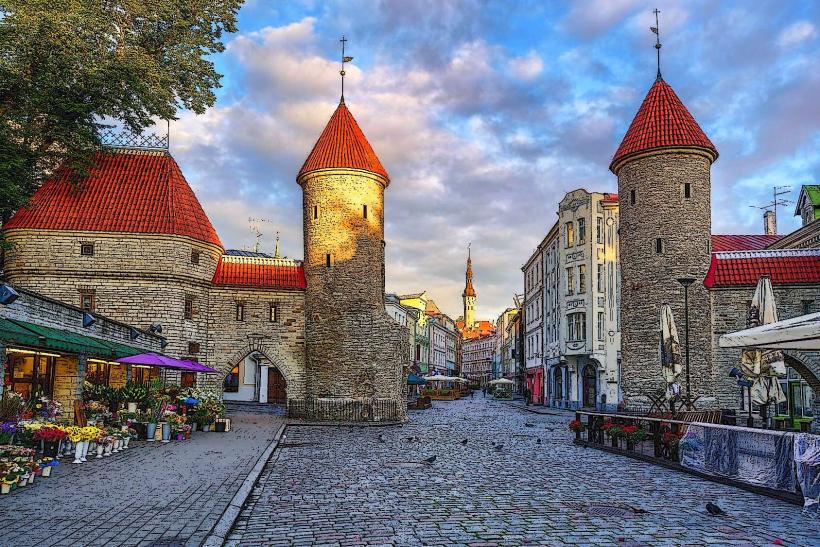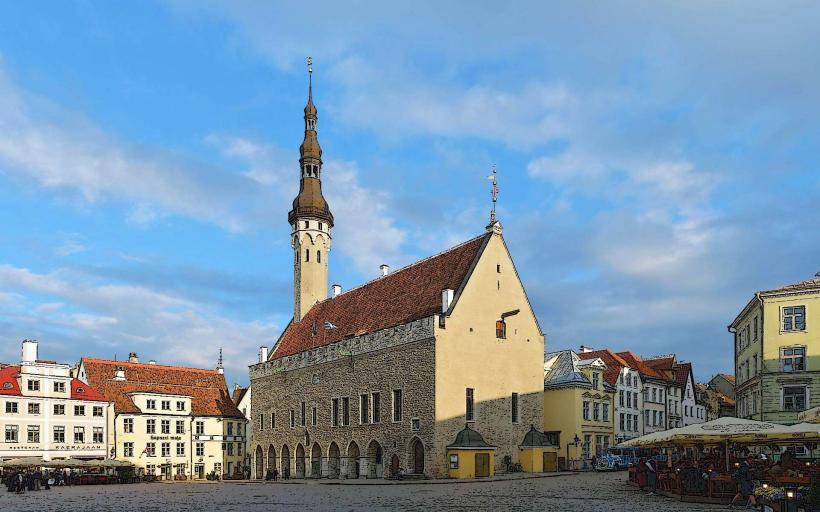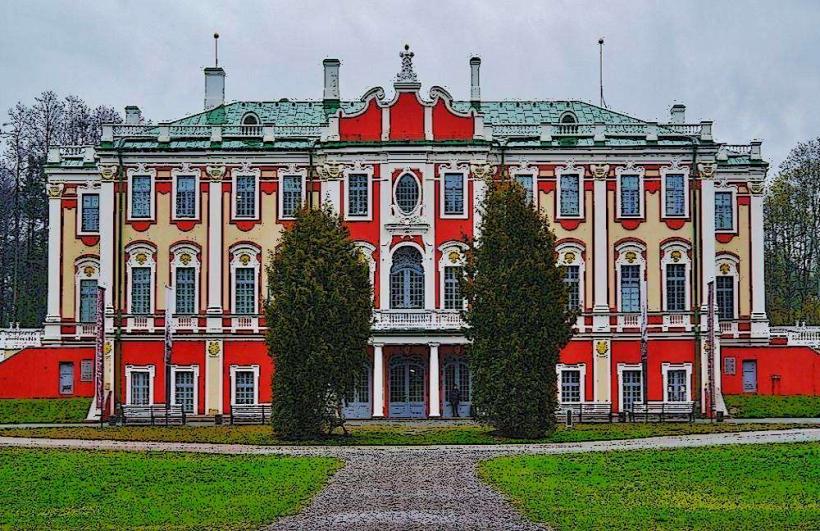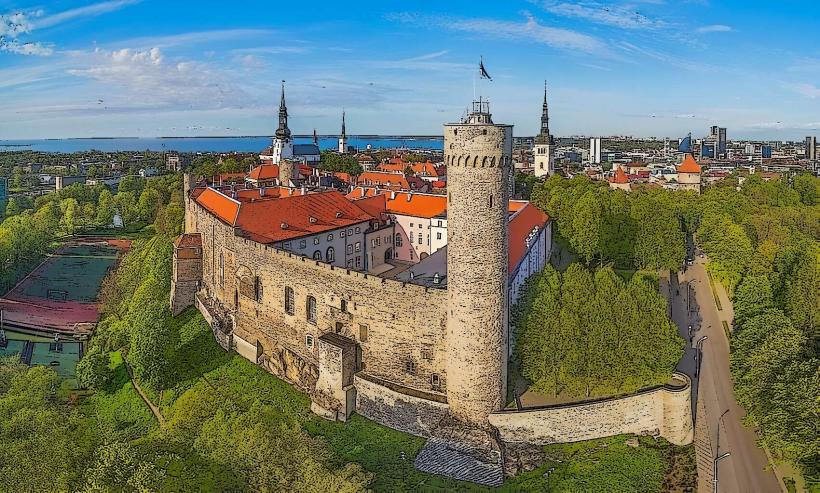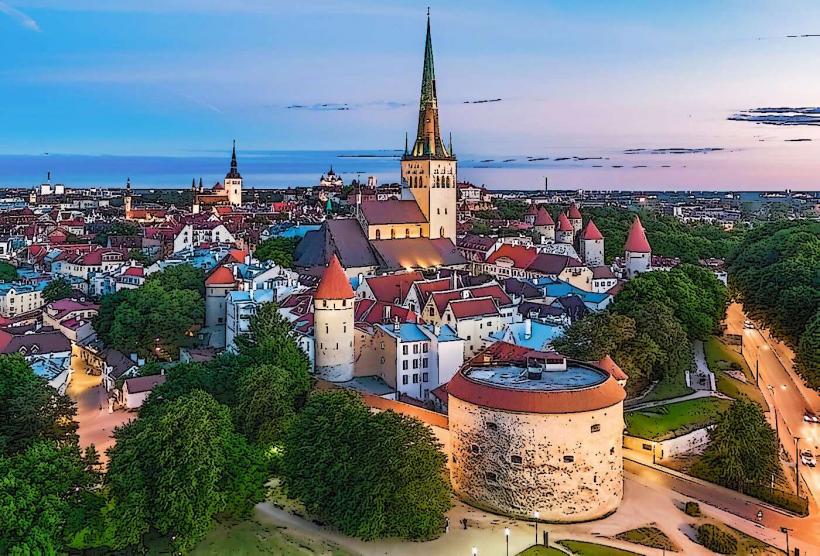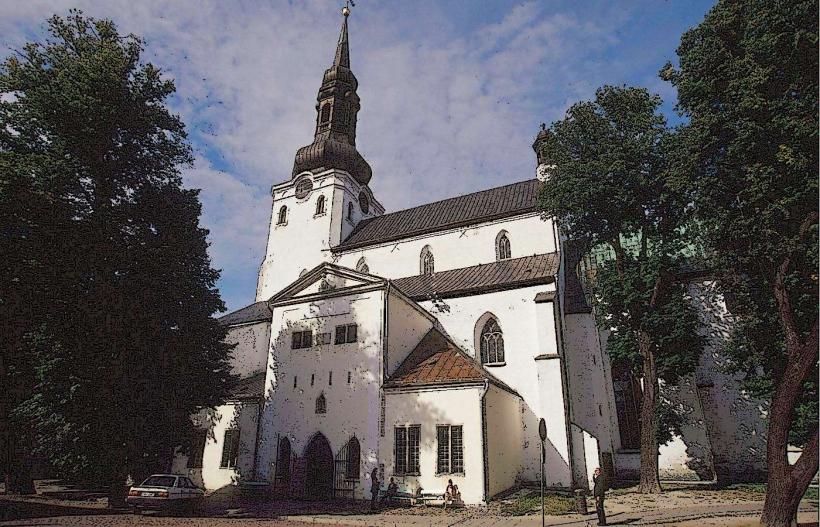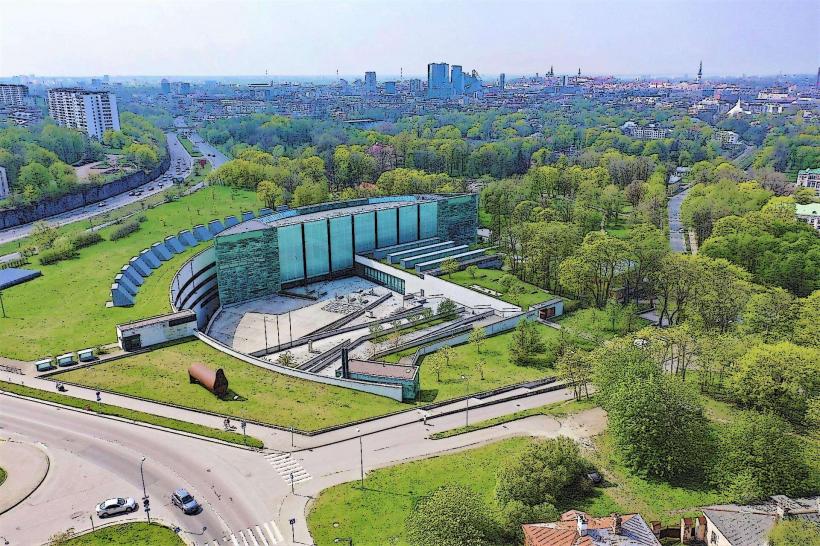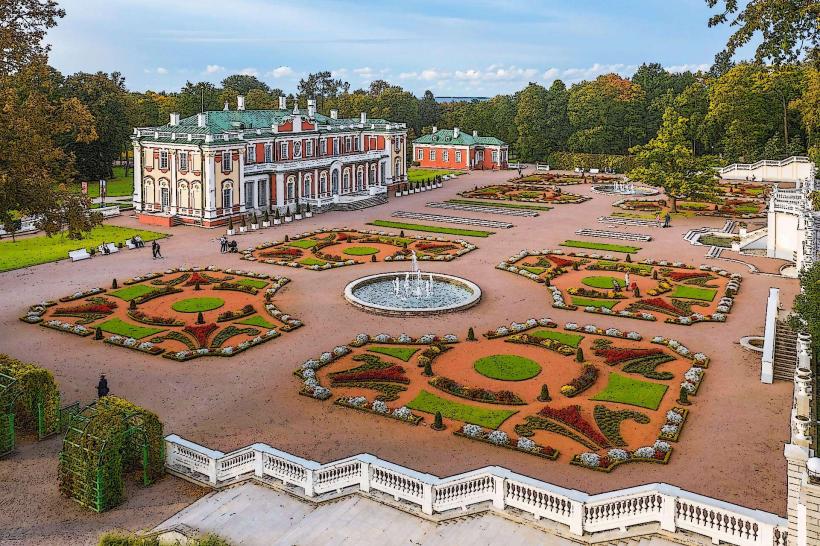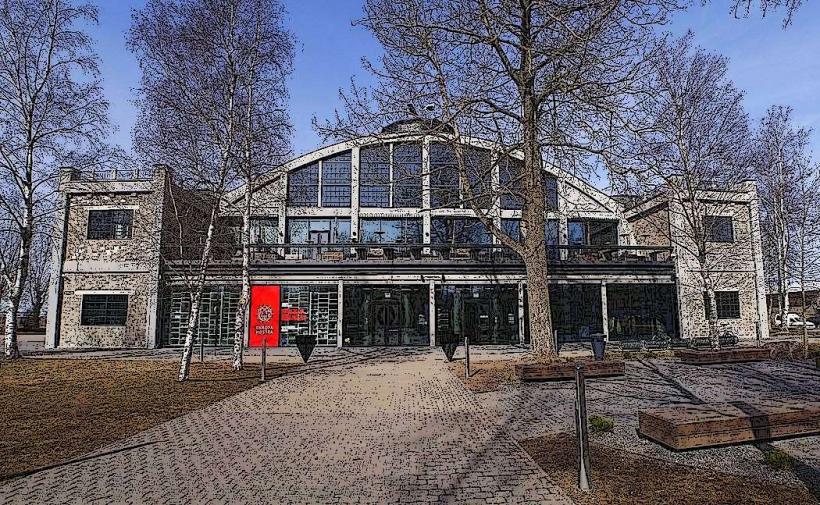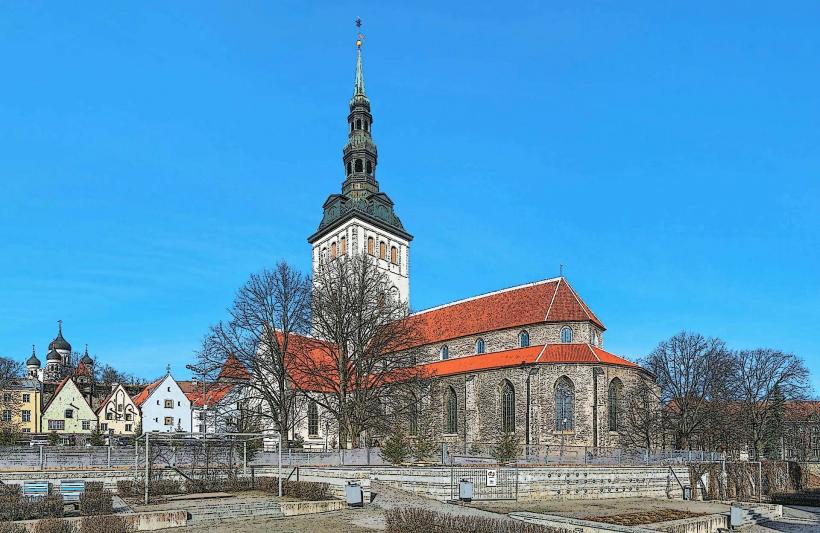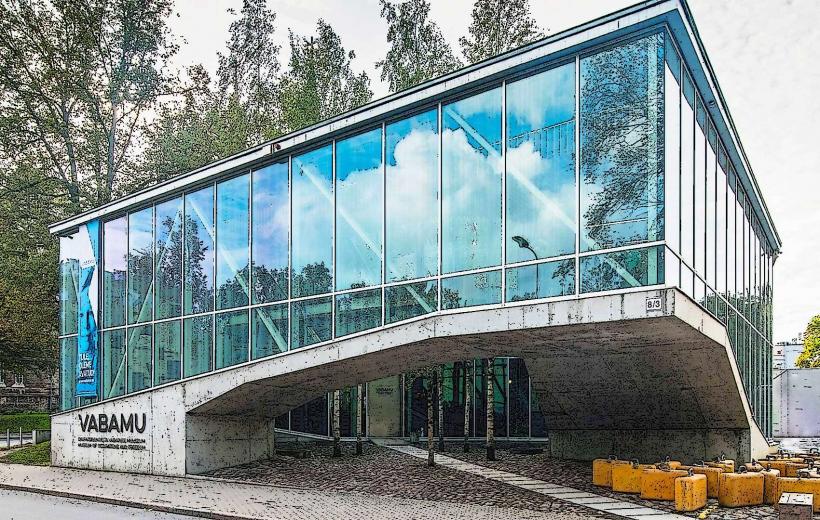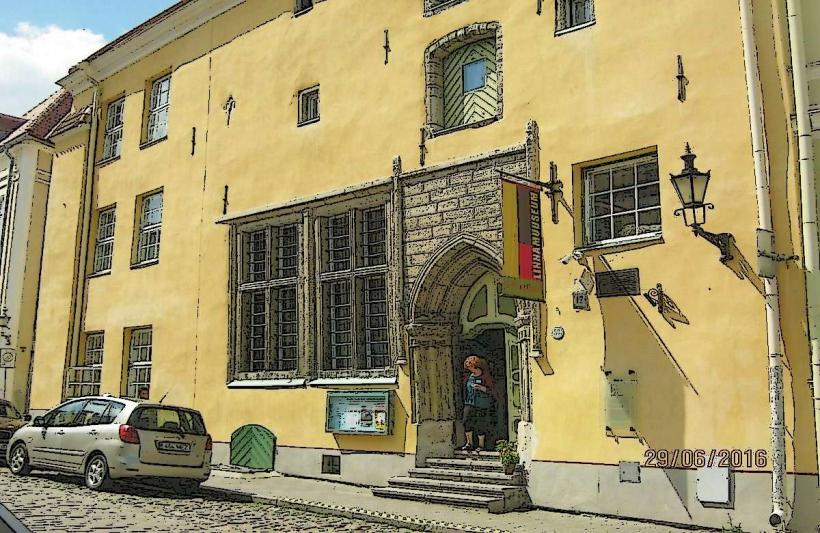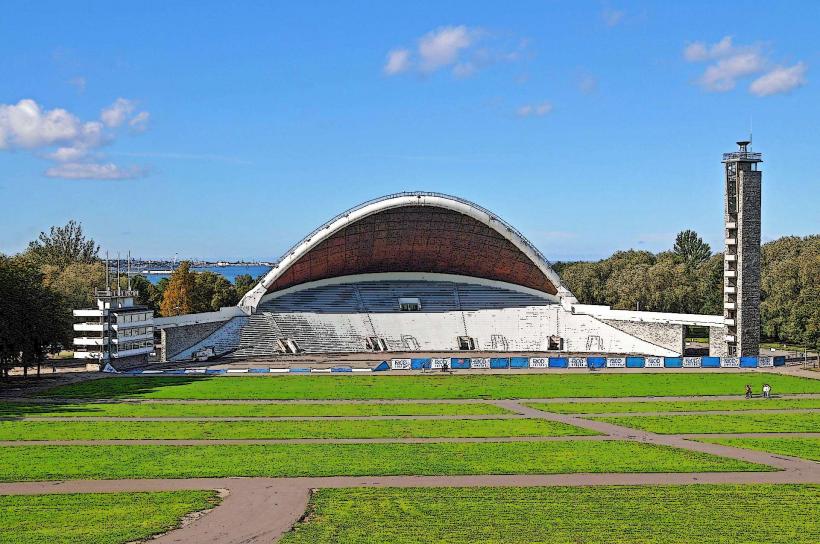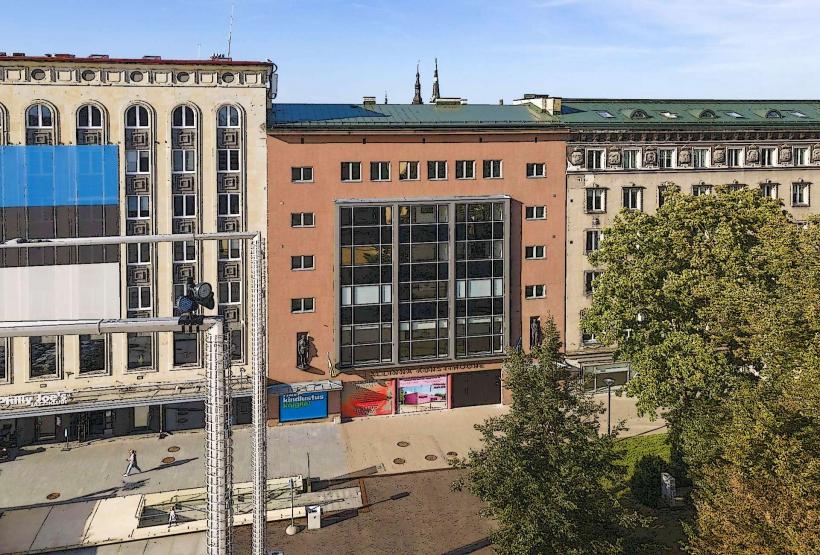Information
Landmark: Tallinn UniversityCity: Tallinn
Country: Estonia
Continent: Europe
Tallinn University (Tallinna Ülikool) is one of Estonia's leading higher education institutions, known for its innovative approach to education and research. Located in the capital, Tallinn, the university is particularly renowned for its focus on social sciences, humanities, education, and cultural studies. It has earned a solid reputation as a center for interdisciplinary research and international cooperation. Here’s a detailed overview of Tallinn University:
History and Development
Foundation:
- Tallinn University was officially founded in 2005 through the merger of several existing institutions, including the Tallinn Pedagogical University, which had been established in 1919. The university's creation was part of an effort to strengthen the academic landscape in Tallinn and provide a broader, more diverse educational offering.
- Over the years, the university has expanded its programs and research capabilities, becoming a modern institution known for interdisciplinary studies and strong connections with international academic networks.
Growth and Expansion:
- Since its foundation, Tallinn University has experienced continuous growth in terms of student enrollment, research output, and international recognition. Its focus on academic excellence and research-led teaching has helped it become a prominent player in the Estonian educational system and beyond.
Academic Focus and Programs
Faculties and Research Areas: Tallinn University offers a wide range of undergraduate, master’s, and doctoral programs across various disciplines. It is particularly known for its strong emphasis on interdisciplinary research and innovative education. The university operates several faculties, including:
Faculty of Humanities: Focuses on subjects such as linguistics, literature, history, philosophy, and cultural studies. It offers both undergraduate and graduate programs aimed at those pursuing careers in the humanities, research, and education.
Faculty of Social Sciences: Offers programs in sociology, psychology, political science, and social work, reflecting a commitment to understanding and addressing social issues both locally and globally.
Faculty of Natural Sciences and Health: Includes programs in biological sciences, environmental studies, health sciences, and sport sciences. It promotes research on sustainability, health, and human biology.
Faculty of Education: One of the most prominent faculties, focusing on teacher education and educational psychology. The university is well-known for its programs in early childhood education and pedagogy.
Faculty of Communication: Offers programs in media studies, communication, and digital communication, reflecting the growing importance of digital technologies and media literacy.
Interdisciplinary and Innovative Programs:
- Tallinn University is recognized for its interdisciplinary approach to education. Many programs combine elements from multiple fields of study, helping students develop a wide-ranging skillset.
- The university also offers innovative e-learning and online education programs, making it accessible to a global audience.
Research and Innovation
Research Focus: Tallinn University places a significant emphasis on applied research, particularly in areas that address societal challenges. Its research is often interdisciplinary and focuses on social sciences, education, sustainability, and cultural heritage.
- The university is a leader in research on digital technologies and media, with several cutting-edge research centers that focus on digital transformation, e-governance, and innovative educational practices.
- Tallinn University also has a strong reputation in humanities and cultural studies, with particular strengths in Estonian language, literature, and history.
International Collaborations:
- The university is part of numerous international research networks and is involved in a variety of EU-funded research projects. It also has partner universities and research institutions around the world, allowing students and faculty to participate in global academic exchanges.
Research Centers: Some of the key research centers at Tallinn University include:
- Centre for Educational Technology: Focuses on the integration of technology in education and the development of e-learning solutions.
- Estonian Institute for Population Studies: Researches issues related to demography, population policy, and social welfare.
- Centre for Applied Social Sciences: Works on research concerning social policy, health, and sociological issues.
Campus and Facilities
Main Campus:
- The main campus of Tallinn University is located in the heart of Tallinn, in the Kadriorg district, an area known for its historical significance and proximity to the city center. The campus itself features modern facilities, including lecture halls, research labs, and computer rooms.
- The campus is designed with sustainability in mind, incorporating green spaces and energy-efficient buildings. The surrounding area also includes several cafes, student areas, and recreational facilities.
Library and Study Resources:
- Tallinn University boasts an extensive library, which provides access to academic journals, books, and research papers across a wide range of disciplines. The library is a central hub for students and researchers alike.
- The university also offers modern IT services, including online databases and access to e-books and digital learning resources, facilitating self-paced learning.
Student Support Services:
- The university provides comprehensive student services, including academic advising, career counseling, and international student support. There are also dedicated services for students with disabilities, ensuring accessibility for all.
- Tallinn University also offers various extracurricular activities, including student clubs, sports teams, and cultural events, enhancing the university experience for its students.
International Presence
- Global Partnerships:
- Tallinn University is internationally recognized for its commitment to global education and research. The university has partnerships with many prestigious universities and academic institutions worldwide, offering exchange programs and collaborative research opportunities.
- English-Taught Programs:
- The university offers a wide range of English-taught programs at the undergraduate, master’s, and doctoral levels, attracting international students from all over the world. These programs focus on areas such as business, digital technologies, social sciences, and international relations.
Campus Life and Student Experience
- Student Life:
- Students at Tallinn University have access to a vibrant campus life with a range of cultural events, workshops, and student-run organizations. The university regularly organizes concerts, lectures, film screenings, and art exhibitions, which create a dynamic and engaging atmosphere on campus.
- International Community:
- The university has a growing international student body, with students from across Europe, Asia, and beyond. The international community contributes to the diverse academic and social environment, and there are frequent opportunities for networking and cultural exchange.
Conclusion
Tallinn University stands out as an innovative and forward-thinking institution that combines academic excellence with a strong commitment to research and social responsibility. With a focus on interdisciplinary learning, digital education, and international collaboration, it provides students with the tools and knowledge needed to succeed in an increasingly complex world. The university's vibrant campus and diverse academic offerings make it an attractive destination for both Estonian and international students.

